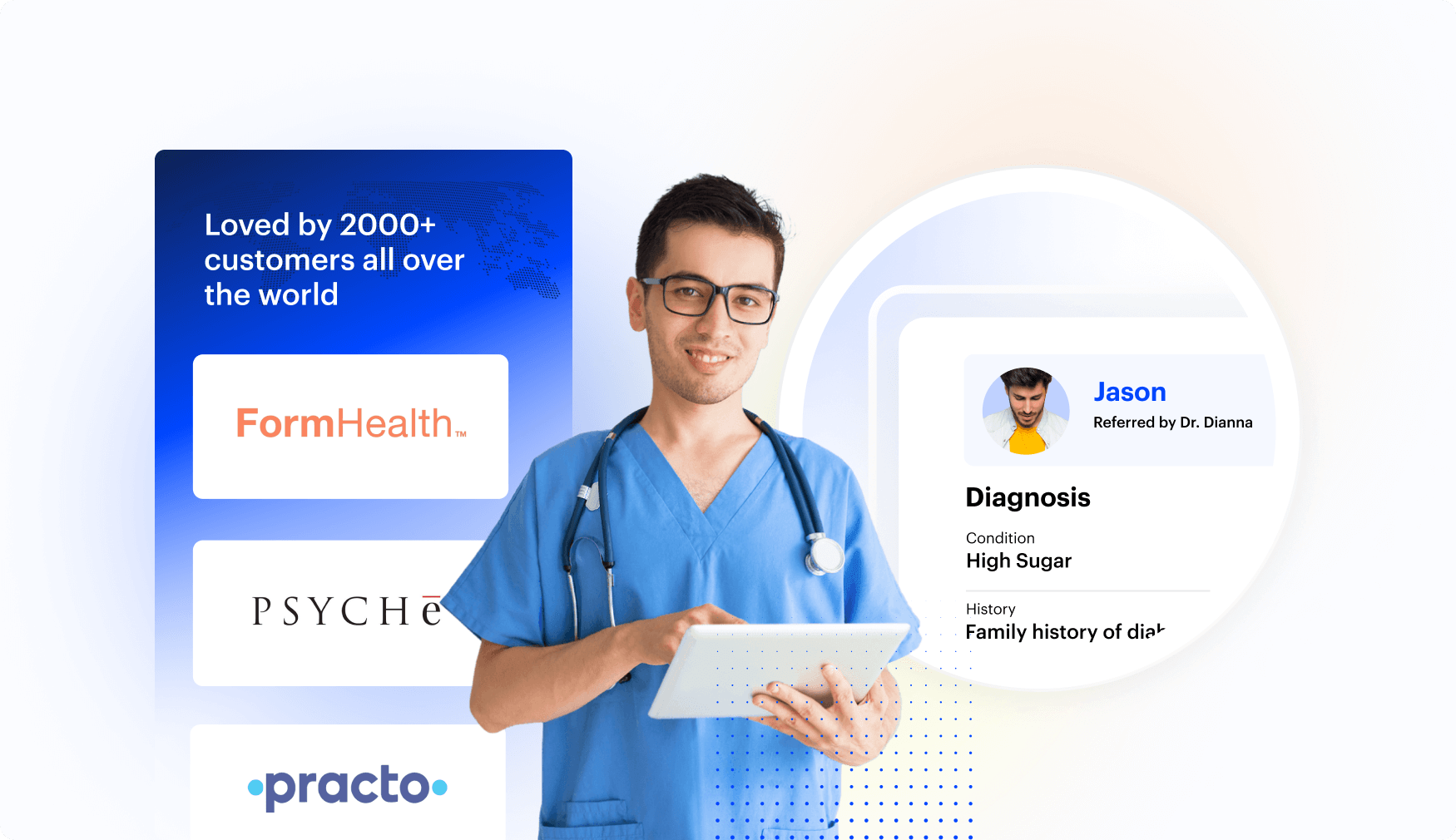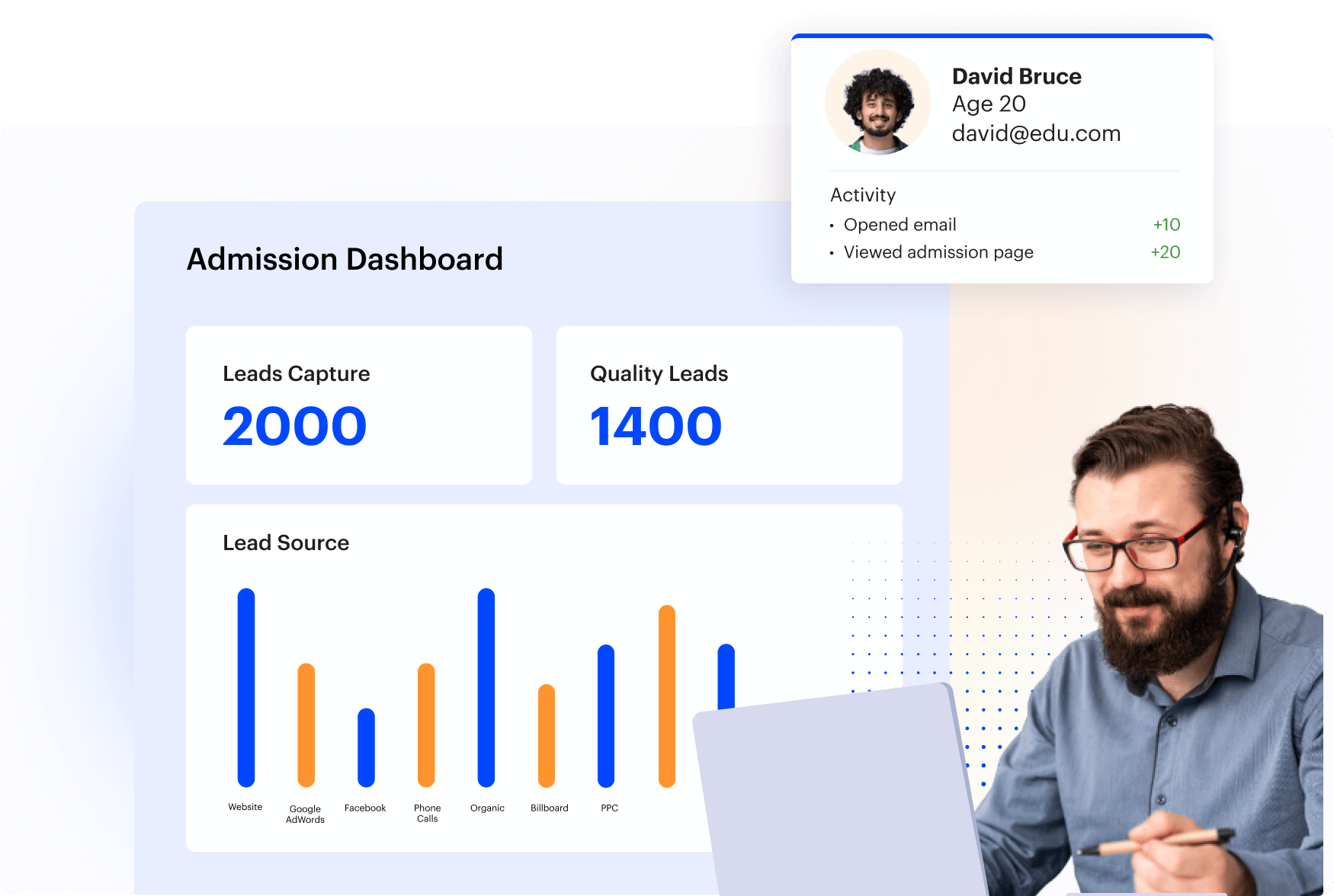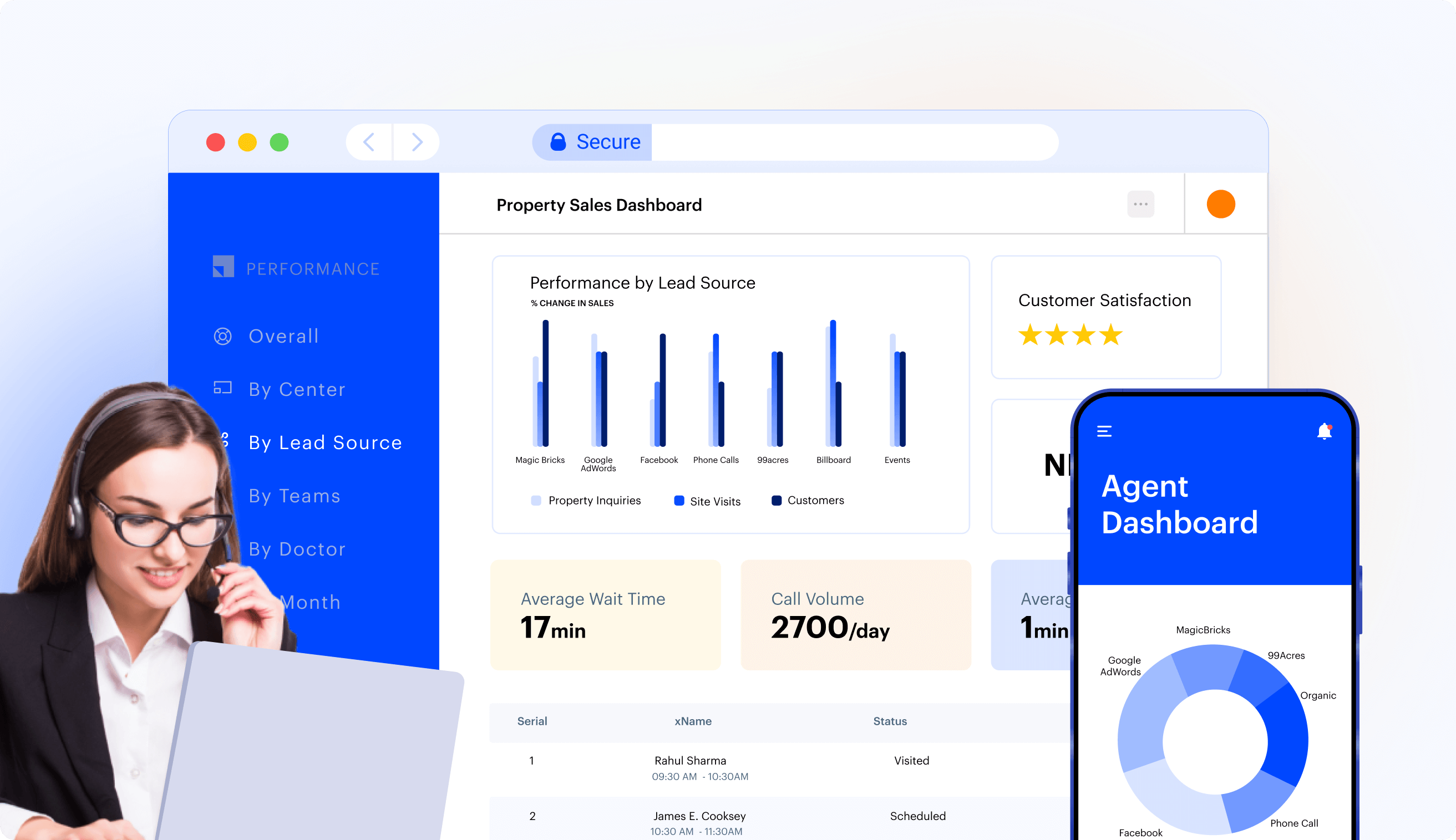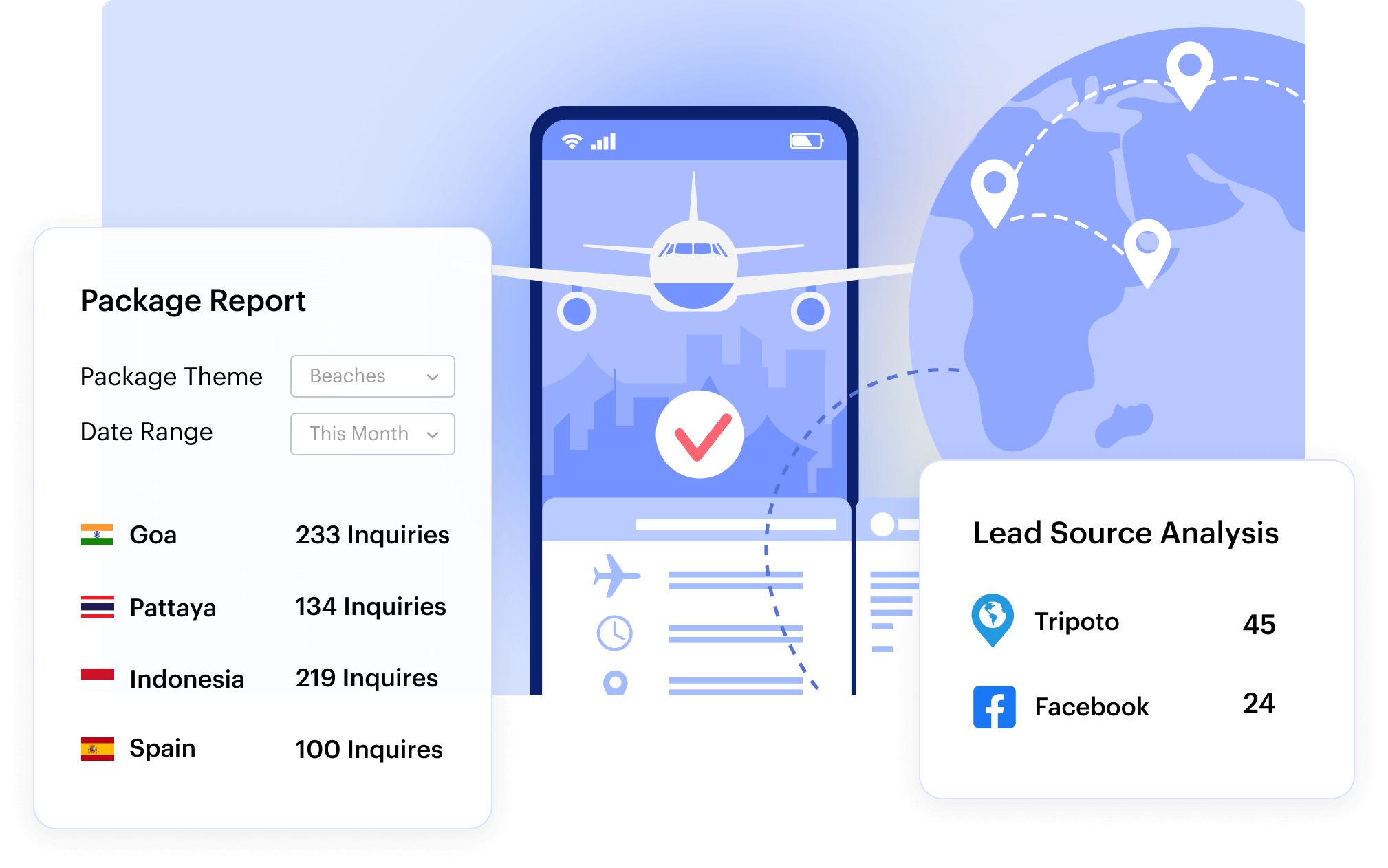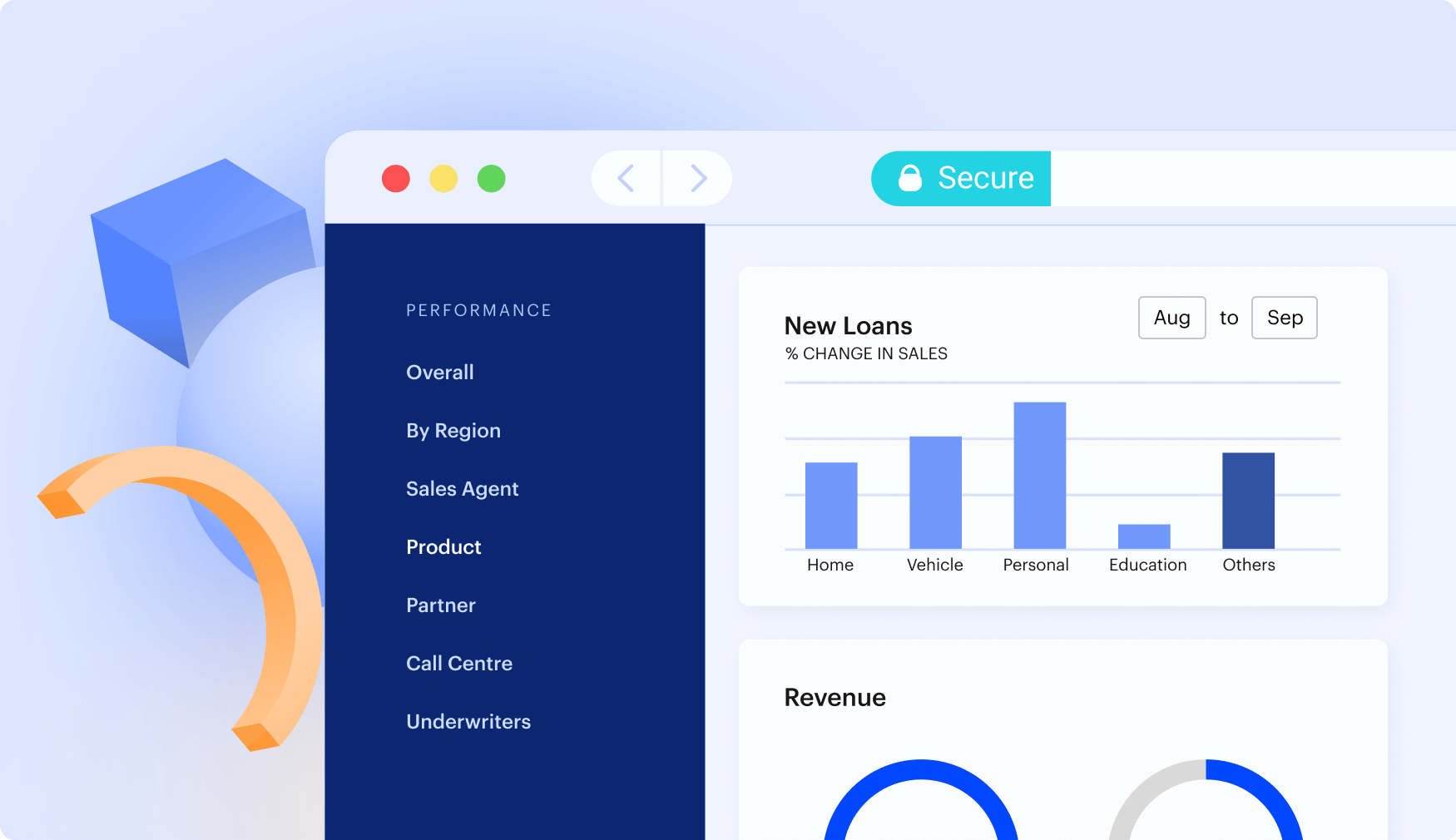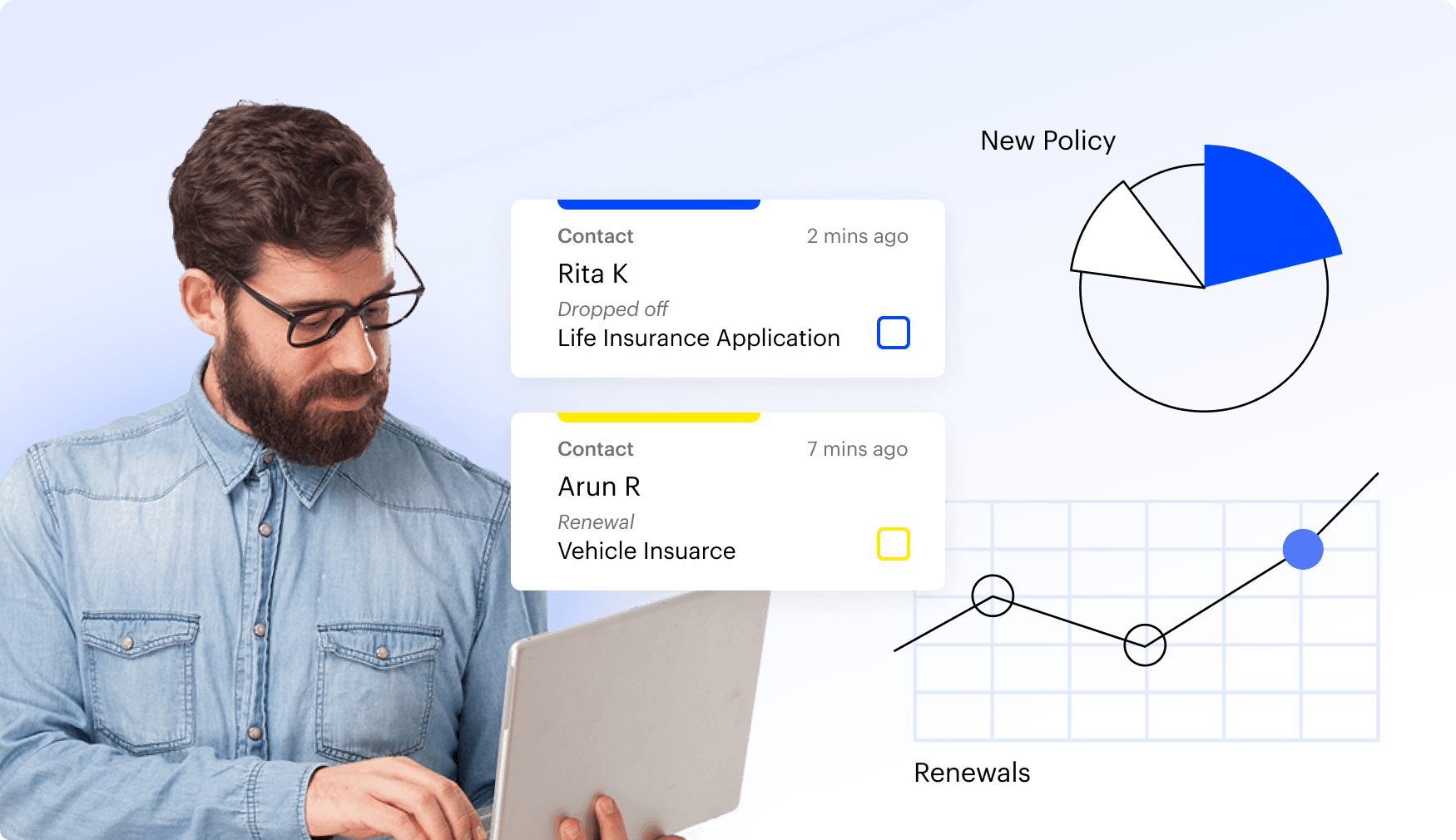What is CRM?
CRM stands for Customer Relationship Management. It is a set of strategies businesses deploy to improve their relations with leads and customers.
The term CRM is widely used to denote CRM software—a tool designed to manage interactions with buyers and optimize/automate the selling process.
Read on to find out some interesting facts about CRM and how it can help improve your business operations.








